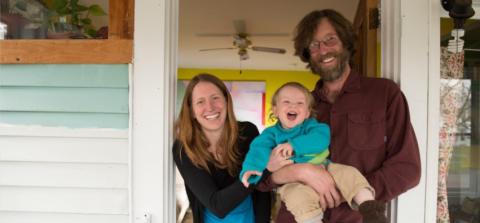A recent report from researchers at Ohio State University and Fannie Mae describes new evidence of ways to extend homeownership sustainably. Lower income households seeking to purchase homes face many barriers including lack of wealth for down payment. Further, “after purchasing a home, lower income homeowners are often at higher risk of default due to unaffordable mortgage terms, higher loan-to-value ratios, and fragile household balance sheets,” the report notes.

By examining data on more than a million single-family, home purchase loans to low-to-moderate first-time homebuyers securitized by Fannie Mae, researchers discovered that those loans made by VHFA and its housing finance agency (HFA) counterparts nationwide had rates of default, foreclosure and prepayment that were 20-30 percent lower than other similar loans. This finding was based on a matched sample of HFA and non-HFA loans within the data, ensuring that the borrowers were similar at the time of loan closing with regard to geography, loan terms, income, credit score, and loan-to-value ratio.
The research also pinpointed the mechanisms, such as full documentation of loan information and homeownership counseling, that led to improved outcomes among housing finance agency loans. “Unpacking the HFA effect on loan performance can offer insights for alternative strategies to reduce the default risk of lending to this population of borrowers,” the report explains.
